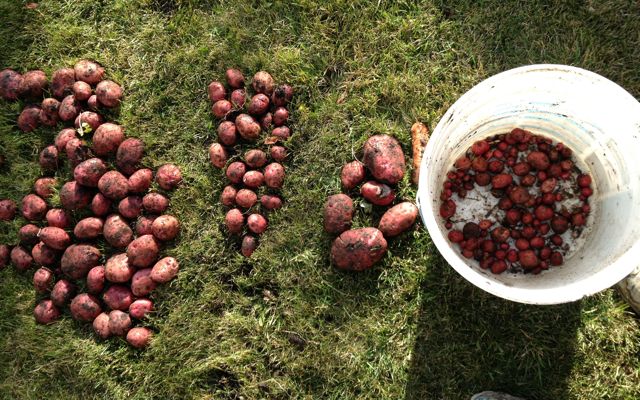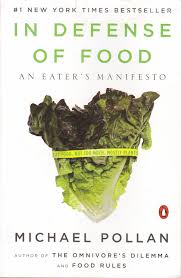 After just two weeks the diet roller coaster has already ejected a good number of its riders.
After just two weeks the diet roller coaster has already ejected a good number of its riders.
Some of those didn’t even get on. The pull of holiday goodies was simply too strong.
Besides the festivities really weren’t over until seven days into the year. Well, that wrecks it for the whole year, so why bother?
Others jump on with great enthusiasm, strapping themselves in and throwing their arms up in the air with abandon. Many of these fall off rather early too: their arms quickly tire and they can only handle so much of the stress of the ups and downs.
Some make it through numerous hills and valleys, but find themselves frequently dizzy and nauseous.
And by mid January, most people have already lost their grip and tumbled to the ground.
Here’s a radical idea. Let’s get off the diet roller coaster forever. In fact, I propose we skip that area of the amusement park altogether.
Let’s not give our money to the hucksters selling us the illusion that this ride is taking us somewhere. The facts are:
FACT 1: Diets don’t work. Once you get off the diet all the problems return. Diets often distract us from dealing with the real problems.
Fact 2: Follow the money. Diets have never worked but the diet industry (including physicians and pharmaceutical companies) makes billions of dollars every year perpetuating the myth. We foolishly keep getting back onto the ride that takes our money and makes us sick.
Fact 3: Governments, Big Agriculture, Big Food, Big Pharma, Big Health Care and Big Health Insurance industries DO NOT CARE ABOUT YOU! I am saddened by the blind trust the average person has in the “system”.
Fact 4: You must take responsibility for yourself, for your own health and education.
Fact 5: Food does not have to be complicated. We simply need to reconnect to it.
So what can you do? How do you relinquish your lifetime pass on the diet roller coaster?
Here are just ten examples:
1. Learn more about food. Why is broccoli good for you? Why should you be suspicious of GMOs?
2. Cook more of your own food. Food made with hands is better for us than factory food. By preparing your own food you can avoid the chemical poisons of food additives.
3. Grow some of your own food. Some herbs and a tomato in a pot on the patio. Turn a patch of lawn into a salad garden. Plant berry bushes that grow well in your area. (Turn children loose in a raspberry patch for a soul-filling event.)
4. Shop the periphery of the supermarket. The fresh real food is usually found around the outside and the junk is usually on the middle shelves, especially at the ends of the aisles. Even better, forego the supermarket for the farmer’s market.
5. Get to know your grower. When you learn about the inputs required for successful organic farming, you won’t mind paying a bit more at all. You will gain an appreciation for the resources required to feed you and perhaps you’ll stop taking the earth for granted.
6. Buy colourful foods. Fruits, vegetables, and berries come in a rainbow of colours. We are genetically programmed to associate bright colours with good nutrition. It’s no mistake that junk food is marketed with brightly coloured packaging and messaging (but the food itself is often bland and colourless). We are being misled.
7. Stop poisoning yourself. Avoid “unfoods”. You know, they come in a colorful bag inside a colourful box wrapped in plastic, with a shelf-life of decades and a list of ingredients that sound like they could power a space station, er, I mean “look”, because they are invariably unpronounceable! Avoid factory food. Eat whole real food.
8. Stop counting calories. Yes, they matter to some degree but focusing solely on calories is dangerous. (That is how fats became villains, even though many are actually heroes). Nutrient density, the total nutrients per calorie, is what really matters. Micronutrients are probably more important than macronutrients (fat, protein, carbs). Choose foods that give you the most nutrient bang for the buck/calorie. Go for quality, not quantity.
9. Start paying attention to your body. My great-grandfather said your body will tell you whether you should eat it. I’m often chided for avoiding bread but it bloats me and adds up to eight pounds to my weight in one day. My body is telling me bread isn’t serving it. If you have inexplicable health problems try eliminating some of the worst offenders from your diet for a while. Wheat, soy and dairy are some of the common foods that cause mystery illnesses.
- Drink water. This one step, if practiced many times each day, can revolutionize your health.
Finally, remember this. There is evidence that we are not sick because we’re fat, we’re fat because we’re sick. Fat is a symptom. Treating symptoms doesn’t work. It only masks the problems.
The accumulation of fat can be the body’s way of defending itself from toxins. Those toxins can be emotional, from food or from industrial chemicals.
Therefore the goal to “lose weight” is off track. When we strive for optimum health the body will detoxify itself, heal itself and we achieve our goals.
We’ve been riding the wrong ride!
I am happy to point you in the direction of many good resources if you decide to stay off the diet roller coaster forever. Feel free to contact me.

